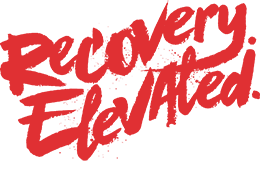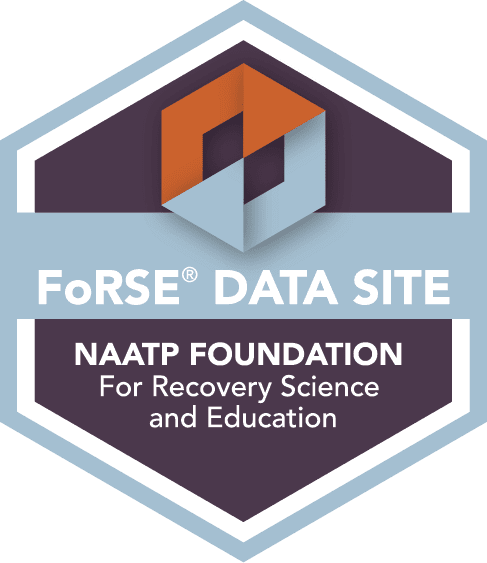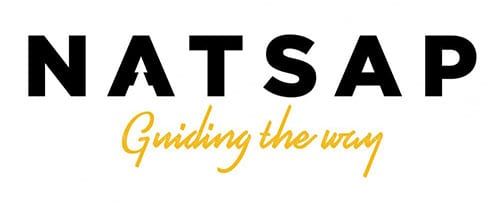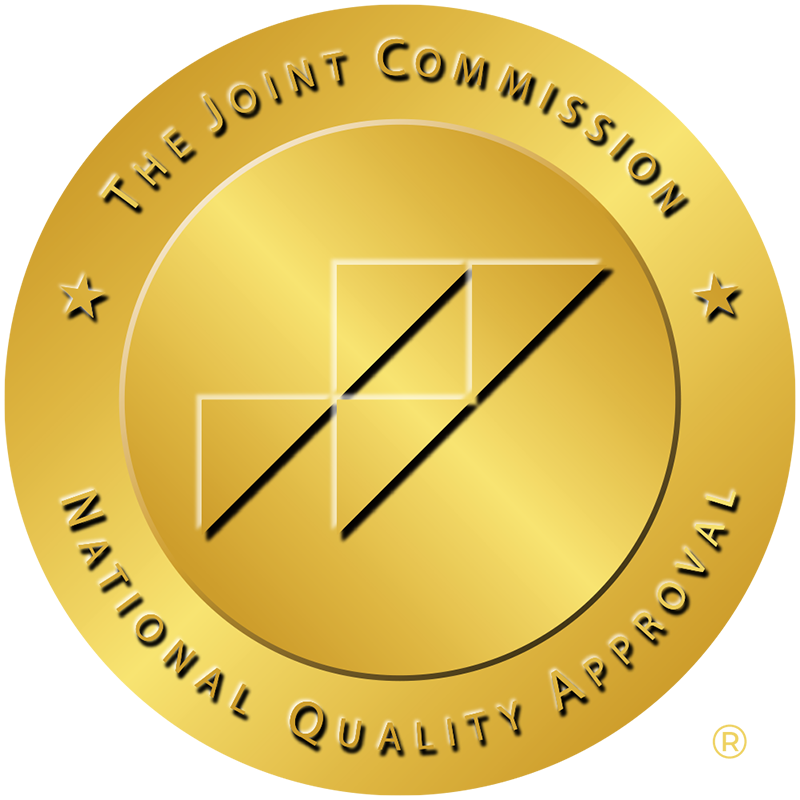Mood Disorders

Lorem ipsum dolor sit amet, consectetur adipiscing elit. Nulla faucibus sapien in mi rhoncus sagittis. Integer ullamcorper porta interdum. Nam est risus, facilisis sit amet iaculis non, rutrum quis lorem. Maecenas ac urna nec nibh pellentesque pulvinar condimentum vitae ante. Maecenas quis urna vitae lorem ornare pellentesque ut id mi. Ut vitae tempus enim. Suspendisse laoreet eleifend venenatis. Praesent suscipit leo lectus, eu consectetur quam blandit in.
What are Mood Disorders?
Mood disorders are a category of mental health conditions characterized by significant and persistent disturbances in mood, leading to disruptions in a person’s emotional state and functioning. These disorders involve disturbances in mood regulation, ranging from periods of extreme sadness or low energy to episodes of elevated or irritable mood. Some common mood disorders include major depressive disorder (MDD), bipolar disorder, persistent depressive disorder (dysthymia), cyclothymic disorder, and seasonal affective disorder (SAD). Mood disorders can significantly impact a person’s daily life, relationships, and overall well-being. The exact causes of mood disorders are complex and involve a combination of genetic, biological, environmental, and psychological factors.
How is treatment tailored?
Treatment for mood disorders at Foundation House often involves a combination of psychotherapy, medication, and lifestyle modifications.
Common approaches used to treat mood disorders are acceptance and commitment therapy (ACT), cognitive-behavioral therapy (CBT), interpersonal therapy (IPT), dialectical behavior therapy (DBT), medication (antidepressants, mood stabilizers, antipsychotics), lifestyle modifications such as regular exercise, healthy diet, and adequate sleep, mindfulness-based therapies, support groups, and psychoeducation. Foundation House individualizes treatment plans based on the specific diagnosis, severity of symptoms, and the individual’s preferences and response to different interventions.
The Foundation House approach to treating mood disorders:
Acceptance and Commitment Therapy (ACT)
ACT focuses on helping individuals accept their thoughts and feelings rather than fight against them. Foundation House uses ACT to encourage individuals to identify their values and commit to taking action consistent with those values, even in the presence of distressing thoughts and emotions.
Cognitive-Behavioral Therapy (CBT)
CBT is a widely used and evidence-based form of psychotherapy that focuses on the connection between thoughts, feelings, and behaviors. It is a goal-oriented therapeutic approach designed to help individuals identify and change patterns of thinking and behavior that contribute to their difficulties or distress. CBT is rooted in the idea that our thoughts, feelings, and behaviors are interconnected and that changing negative thought patterns can lead to changes in emotional well-being and behavior. CBT is used at Foundation House in both group and individual therapeutic settings.
Holistic-Based Approaches
Holistic-based approaches at Foundation House encompass a comprehensive and integrative methodology that addresses the interconnected aspects of an individual’s well-being, acknowledging the interplay between physical, mental, emotional, and spiritual dimensions. This inclusive approach goes beyond symptom management to promote overall health and harmony. Integrating various holistic interventions, such as nutrition, therapeutic float tanks, acupuncture, craniosacral therapy, exercise, yoga, meditation, music, art, and creative expression can complement traditional treatments at Foundation House by addressing multiple aspects of healing.

“Lorem ipsum dolor sit amet, consectetur adipiscing elit, sed do eiusmod tempor incididunt ut labore et dolore magna aliqua. Ut enim ad minim veniam, quis nostrud exercitation ullamco laboris nisi.”
— Testimonial 1
Lorem ipsum dolor sit amet, consectetur adipiscing elit. Nulla faucibus sapien in mi rhoncus sagittis. Integer ullamcorper porta interdum. Nam est risus, facilisis sit amet iaculis non, rutrum quis lorem. Maecenas ac urna nec nibh pellentesque pulvinar condimentum vitae ante. Maecenas quis urna vitae lorem ornare pellentesque ut id mi.

